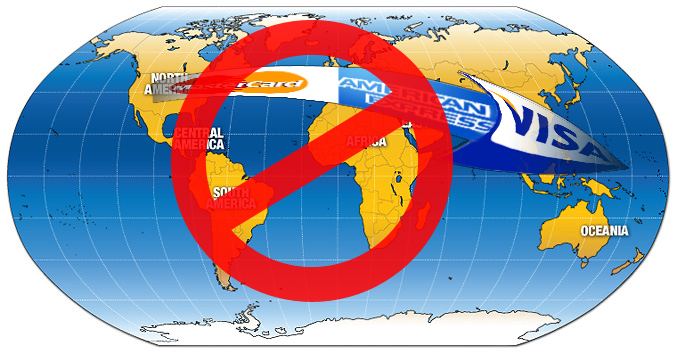The US government now proposes the recording of all international electronic money transfers, even below $10,000. Banks reporting such transactions on a weekly basis would render transfer of deposits and payouts between players and off-shore poker rooms impossible.
The main aim is basically aiding law enforcement: “By establishing a centralized database, this regulatory plan will greatly assist law enforcement in detecting and ferreting out transnational organized crime, multinational drug cartels, terrorist financing and international tax evasion,” Financial Crimes Enforcement Director James H. Freis Jr. says.
With online gambling still being illegal in the US, it is widely assumed in the community that this is how the government tries to get to the players instead of the companies out of their reach: “If you transfer money to a company that is now linked to money laundering, you run a real risk of becoming entangled in any legal prosecution of that entity if your name is associated with it. And now any financial association I have with that accused company will be transparent for the gov’t to see,” as a poster commented on 2+2.
Indeed it seems to be a serious question of personal rights as well as legal issues; if the proposal comes into effect, it will only be HR 2267 that may re-establish US citizens in the online poker community.

